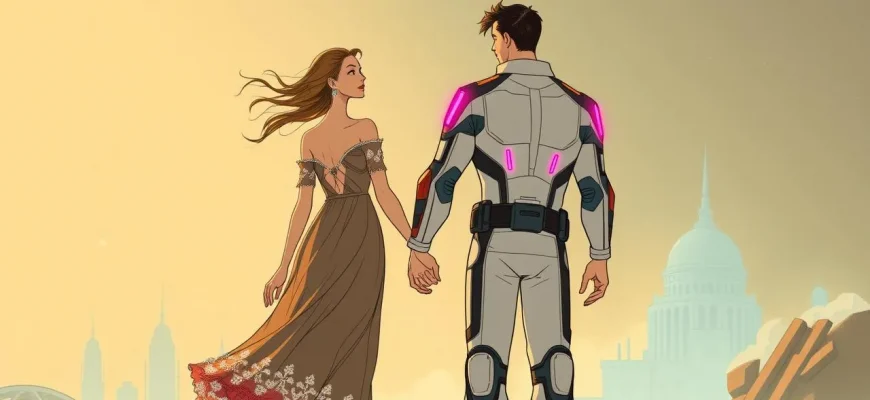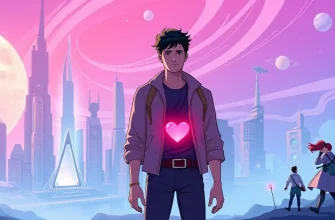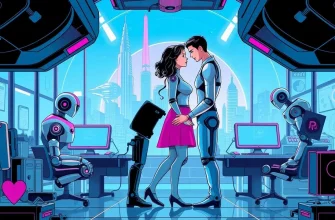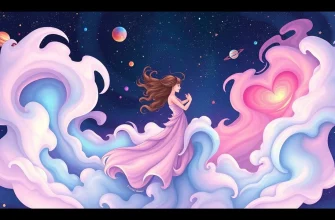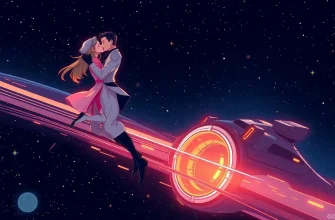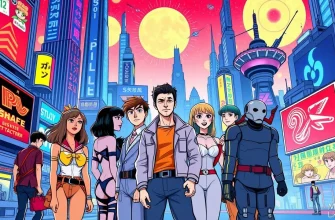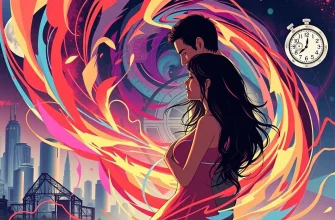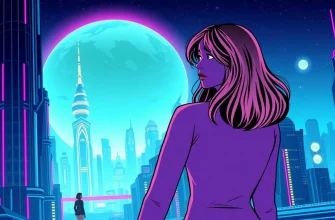In the vast expanse of the universe, love finds a way to flourish, even amidst the most extraordinary circumstances. This curated selection of ten science fiction films delves into the heart of true love, showcasing stories where romance defies the laws of physics, time, and space. Whether it's a love that spans galaxies or a connection that transcends dimensions, these films offer a unique blend of futuristic settings and timeless emotions, making them perfect for anyone who believes that love is the most powerful force in the cosmos.
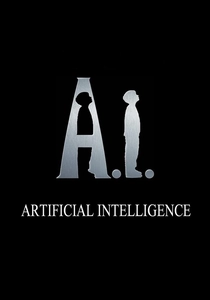
A.I. Artificial Intelligence (2001)
Description: In a future where robots are programmed to love, a unique robot child named David embarks on a quest to become human to win back his "mother's" love, exploring themes of love, identity, and humanity.
Fact: The film was originally conceived by Stanley Kubrick, but after his death, Steven Spielberg took over the project, blending Kubrick's vision with his own.
 Watch Now
Watch Now
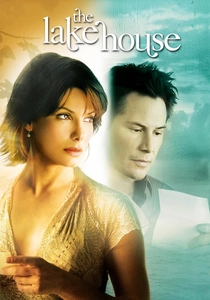
The Lake House (2006)
Description: Two people living in different years communicate through a magical mailbox, falling in love despite the time difference. Their love story is a testament to the power of connection beyond time.
Fact: The film is a remake of the South Korean film "Il Mare," which also deals with time travel through letters.
 Watch Now
Watch Now
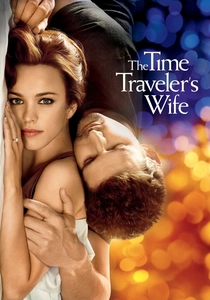
The Time Traveler's Wife (2009)
Description: This film explores the unique challenges of a relationship where one partner travels through time uncontrollably. It's a poignant tale of love that must endure the test of time itself.
Fact: The film was adapted from Audrey Niffenegger's best-selling novel. The time travel concept was inspired by the author's own experiences with epilepsy.
 Watch Now
Watch Now
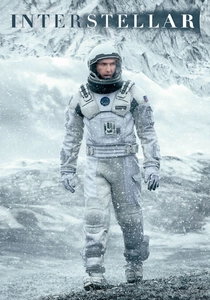
Interstellar (2014)
Description: A father embarks on a space mission to find a new home for humanity, leaving behind his daughter. Their love, despite the vast distances and time dilation, remains a central theme of the film.
Fact: The film was inspired by Kip Thorne's theories on wormholes and black holes, ensuring scientific accuracy in its portrayal of space travel.
 Watch Now
Watch Now
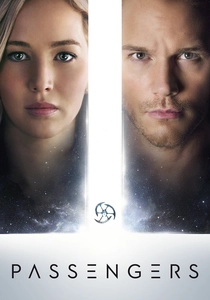
Passengers (2016)
Description: On a spaceship traveling to a distant colony, two passengers are awakened from hibernation 90 years too early. Their unexpected meeting leads to a complex exploration of love and isolation.
Fact: The film's setting was inspired by the idea of a luxury space cruise, with the ship's design reflecting this concept.
 Watch Now
Watch Now

The Adjustment Bureau (2011)
Description: A man discovers that his life is being controlled by a mysterious group, but he fights to maintain his free will and the love he shares with a woman, challenging fate itself.
Fact: The film is loosely based on a short story by Philip K. Dick, known for his complex narratives involving alternate realities and free will.
 Watch Now
Watch Now
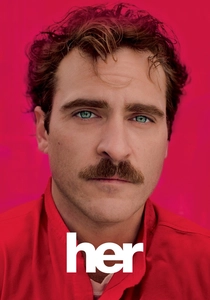
Her (2013)
Description: In a future where artificial intelligence has become a part of daily life, a man falls in love with his operating system. This film questions what it means to love and be loved in the digital age.
Fact: Scarlett Johansson, who voices the AI Samantha, never appears on screen, making her performance entirely vocal.
 Watch Now
Watch Now
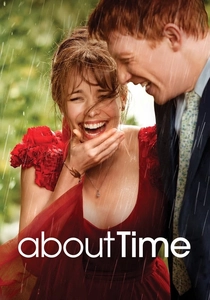
About Time (2013)
Description: A young man discovers he can travel back in time, using this ability to improve his life and relationships. His journey through time teaches him the value of love and living in the moment.
Fact: The film was shot in London, with many scenes filmed in real locations, adding authenticity to the time-travel narrative.
 Watch Now
Watch Now
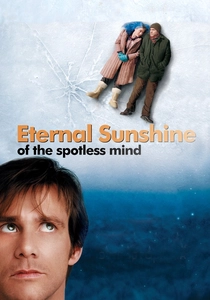
Eternal Sunshine of the Spotless Mind (2004)
Description: After a painful breakup, a couple undergoes a procedure to erase each other from their memories. However, as the memories fade, their love resurfaces, proving that true love cannot be forgotten.
Fact: The film's title is derived from a poem by Alexander Pope, and the screenplay was written by Charlie Kaufman, known for his unconventional narratives.
 30 Days Free
30 Days Free

WALL-E (2008)
Description: In this animated masterpiece, a lonely robot named WALL-E finds love with another robot, EVE, on a deserted Earth. Their journey across space is a testament to love's ability to thrive in the most unlikely places.
Fact: WALL-E has almost no dialogue for the first 30 minutes, relying on visual storytelling to convey emotion.
 30 Days Free
30 Days Free

